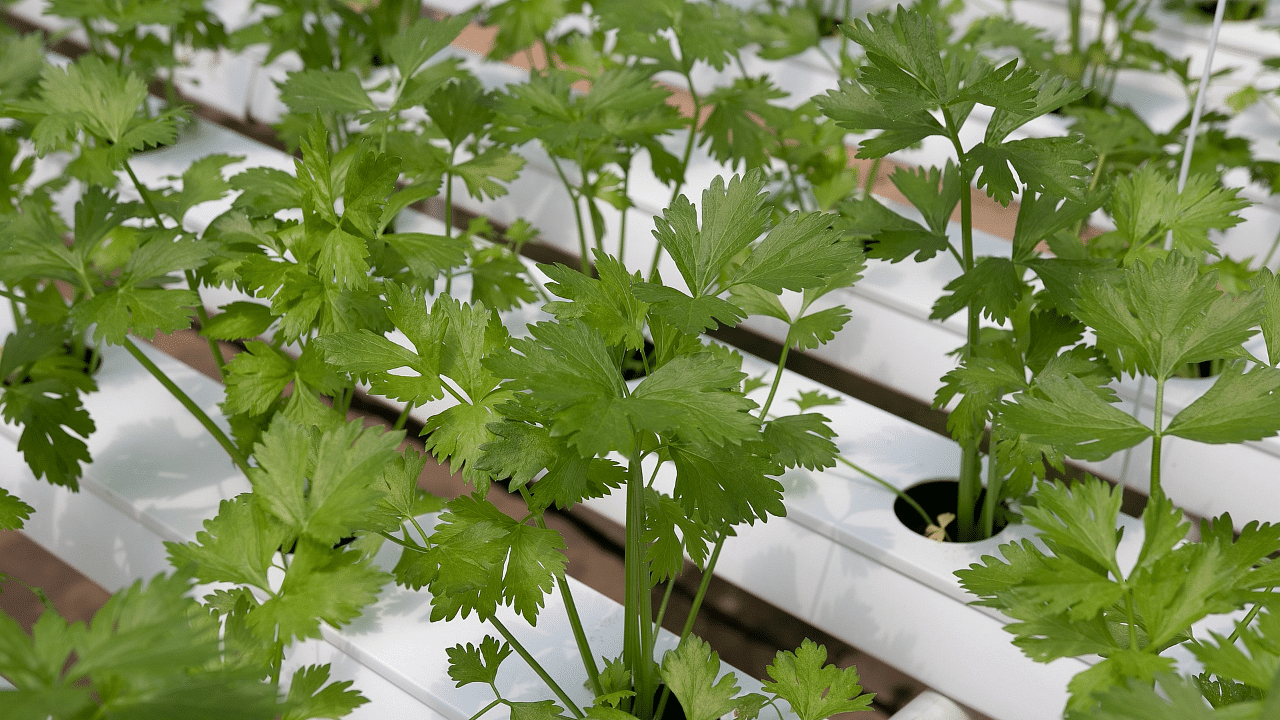
Take cooking from any part of India, coriander is one of those herbs that is always used. From rasam and sambar in the South to North Indian curries, any preparation is never complete without a handful of fresh and finely chopped coriander leaves added while cooking or as garnish.
Good as it is for taste and giving freshness to dishes, coriander also has several medicinal properties.
According to a paper published in the National Center for Biotechnology Information (NCBI, USA): “All parts of this herb are in use as flavouring agent and/ or as traditional remedies for the treatment of different disorders in the folk medicine systems of different civilisations. The plant is a potential source of lipids (rich in petroselinic acid) and an essential oil (high in linalool) isolated from the seeds and the aerial parts.
“Due to the presence of a multitude of bioactives, a wide array of pharmacological activities has been ascribed to different parts of this herb, which include anti-microbial, anti-oxidant, anti-diabetic, anxiolytic, anti-epileptic, anti-depressant, anti-mutagenic, anti-inflammatory, anti-dyslipidemic, anti-hypertensive, neuro-protective and diuretic. Interestingly, coriander also possessed lead-detoxifying potential,” it added.
Clearly, coriander can be considered as a superfood.
DH lists some health benefits of coriander/ coriander seeds:
Helps control diabetes:
According to one paper published in the NCBI, coriander helps in diabetes control. “The seeds of coriander are used as a traditional drug for the treatment of diabetes. The antioxidant and free-radical-scavenging property of seeds in vitro was studied. Addition of coriander seed powder not only inhibited the process of peroxidative damage but also significantly reactivated the antioxidant enzymes and antioxidant levels during experiments,” the paper said.
Can decrease cholesterol:
Another paper in the NCBI said: “The effect of the administration of coriander seeds on the metabolism of lipids was studied. The spice had a significant hypolipidemic action. The levels of total cholesterol and triglycerides decreased significantly during experiments. The level of LDL + VLDL cholesterol decreased while that of HDL cholesterol increased.”
Coriander as an antimicrobial:
The NCBI, in another paper, says: “Coriander is a well-known herb widely used as spice, or in folk medicine, and in the pharmacy and food industries. Coriander seed oil is the world's second most relevant essential oil, exhibiting antimicrobial activity against bacteria, some yeasts, dermatophytes and filamentous fungi. There are possible paths for the successful evolution for strategies towards a successful development of a food preservation strategy using coriander oil.”
The above are just three of the many health benefits coriander or its seeds provide.
How to consume:
As stated earlier, coriander leaves can be used as garnish in curries or rasam/ sambar.
When making salads or raita, fresh and finely chopped coriander leaves can be added. This will also give the salad or raita wonderful smell and flavour.
Note: The above health benefits is for general information and are not substitutes for professional medical advice.